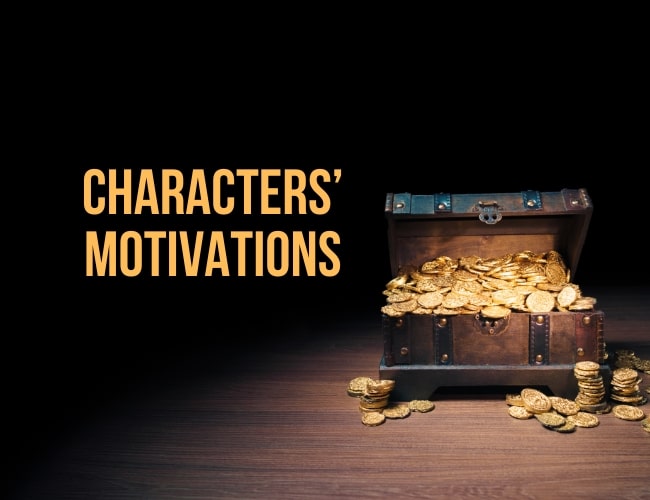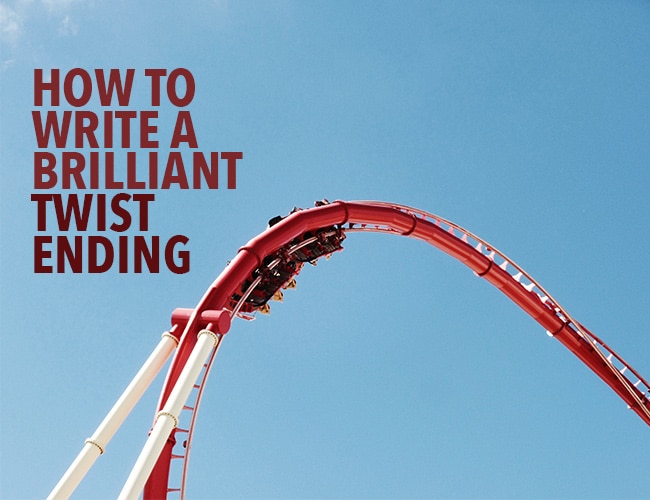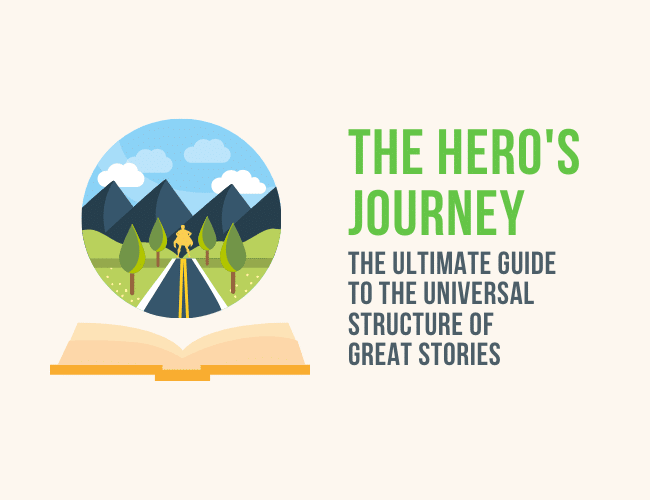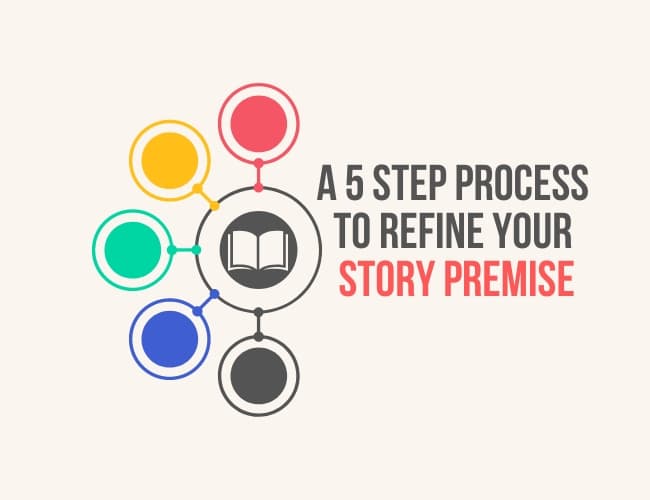
by Joe Bunting |
“In fiction, we can help our readers understand our characters’ motivations with clarity… people read fiction—to come to some understanding of why other people act the way they do.”
The question is, do you understand why your characters do the things they do? And are you conveying that understanding to the reader in an interesting way?

by Joslyn Chase |
Perhaps you’ve heard the old publishing proverb: The first page sells the book; the last page sells the next book. I’m convinced there’s a mammoth grain of truth in that. The beginning and the end of any story are critical elements that you really want to nail.
Today, we’re going to focus on how to start a story—in other words, how you can craft a spectacular beginning that will hold readers spellbound and get them to turn that first all-important page.

by David Safford |
Don’t you love a great twist?
Often appearing in the middle or at the end of a story, a twist can completely transform the reading experience into a wild ride where anything can happen. But executing a twist isn’t easy, and if done improperly, can leave your reader feeling deeply disappointed.
And that’s just what many writers unsuspectingly do.

by David Safford |
At one point in your writer’s life, you’ve probably come across the term Hero’s Journey. Maybe you’ve even studied this guide for storytelling and applied it to your own books—and yet, something about your own application felt off. You wanted to learn more, but didn’t know where to start.
You needed a resource that would simplify the hero’s journey steps and all the other major details instead of complicate them.
You needed this post.
The Hero’s Journey is as old as humanity itself. And over the history of humanity, this single story form has emerged over and over again. People from all cultures have seemed to favor its structure, and its familiar types of characters, symbols, relationships, and steps.
If you want to build or strengthen your writing career and win a following of many happy readers, you want this particular tool in your writer’s toolbox.
Let’s dive in.

by Joslyn Chase |
Whenever I’m planting a clue in a mystery novel I’m writing, I feel so exposed—like I’m waving a red flag and announcing a clue has been served. Experience has helped lay those fears (mostly) to rest. With skillful weaving into the story, clues and foreshadowing blend in or are seen but soon forgotten by readers.
Without spoonfeeding your audience, you must place all the pieces on the table, allowing readers to actively participate in solving the puzzle. When making your first attempts at writing mystery, it can be difficult to find that balance between too much and too little.
Take a look at our best guide to clues and red herrings here.








